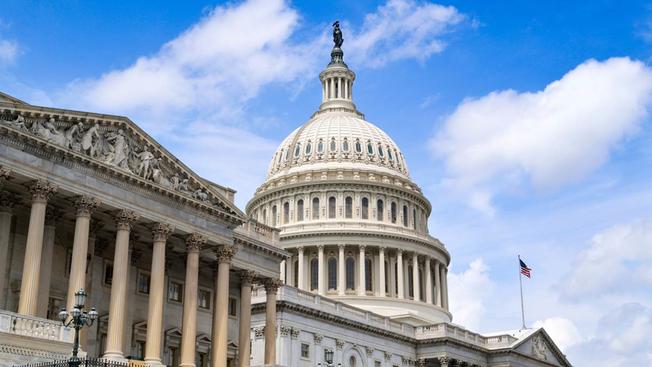The Republican-controlled U.S. House of Representatives has passed their version of tax reform. The U.S. Senate seems poised to follow suit in the next few days or weeks. Although there are different implications of the current forms of the bills in each chamber, fundamentally, there is little way to interpret the current legislation as anything other than the headline, “Congress attacks higher education in tax plan.”

Republicans in Congress are attacking higher education in order to pave the way for corporate tax breaks.
If Congress successfully passes this legislation and damages the research infrastructure of American higher education, who do they think will do the research and development work necessary for the future of American business?
A provision in the House legislation has the potential to seriously damage higher education, scientific discovery, and the American economy.
Under the bill, graduate student tuition waivers would become taxable income.
As many in higher education know, many graduate students receive a relatively modest salary and have their tuition and fees waived. In exchange, graduate students serve as teaching and research assistants for universities.
This means that graduate student’s taxable income would increase from maybe $20,000 per year to $50-60,000 per year. Depending on personal circumstances, this change will increase the student’s tax liability perhaps as much as $10,000.
So a student that actually makes $20,000 per year could have a $10,000 federal tax bill.
Graduate school can already be a challenging and expensive endeavor for some students.
If the House legislation were to become law, the legislation will cripple the ability of universities to engage in research activities.
Only wealthy students could afford to take the hit of that kind of punitive tax for pursuing graduate school.
Universities will be forced to drastically reduce the number of students that they support and nearly every research project in the country will be impacted.
Cancer research, public health studies, economic analyses, education reform studies, and engineering research projects will suffer.
The social and economic impact of this tax will take a generation or two to recover from.
Fortunately, as I write this, the current Senate version of the plan does not include the graduate student tuition provision.
Yet, the Senate bill joins the House in attacked higher education endowments. Both bills seek to tax universities with large endowments on a per student basis.
As AAU President Mary Sue Coleman described, “Congress seems eager to redirect these funds to the federal government coffers.”
I think Coleman is being too kind.
The Republican leadership wants to take money from university endowments to give corporate tax breaks. Period. Full stop.
Universities use these endowment funds for student scholarships, to support research projects, and other institutional activities.
Why would we want to tax these funds that are going to good uses?
Ultimately, I believe the tax bills are in many ways about political retribution.
Republican leaders see college campuses as part of the opposition. The Republican base sees higher education as part of the problem thanks to rampant anti-intellectual trends pushed by conservative media outlets.
Republican leaders don’t like higher education and don’t believe it has much value. So why not? Let’s tax higher ed more.
Both bills, taken in their entirety, strike at the heart of higher education generally and the research mission in particular.
Despite the many advances of research universities in the 20th century as well as this one, Republican leadership sees higher education as the enemy.
So why not tax the enemy to give tax breaks to our friends?
Isn’t this how we make America great again?

